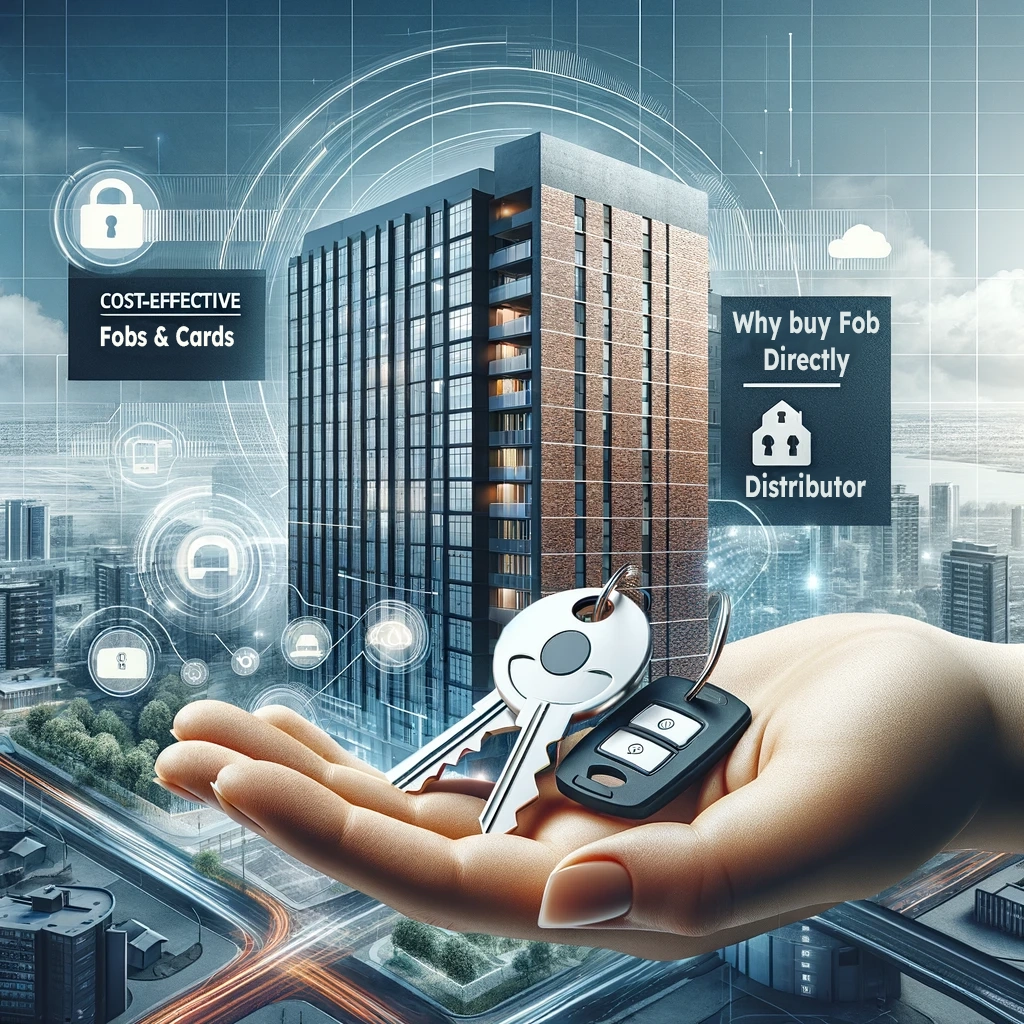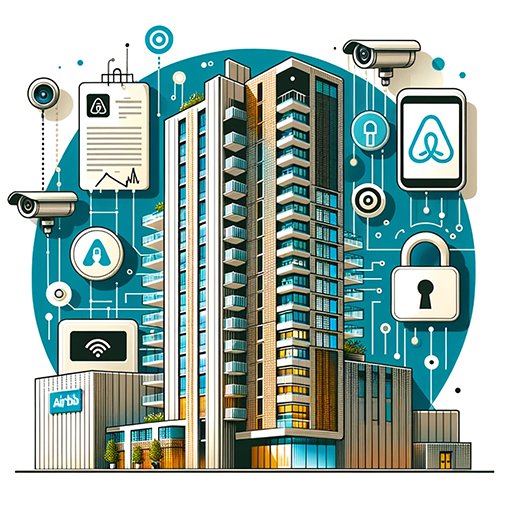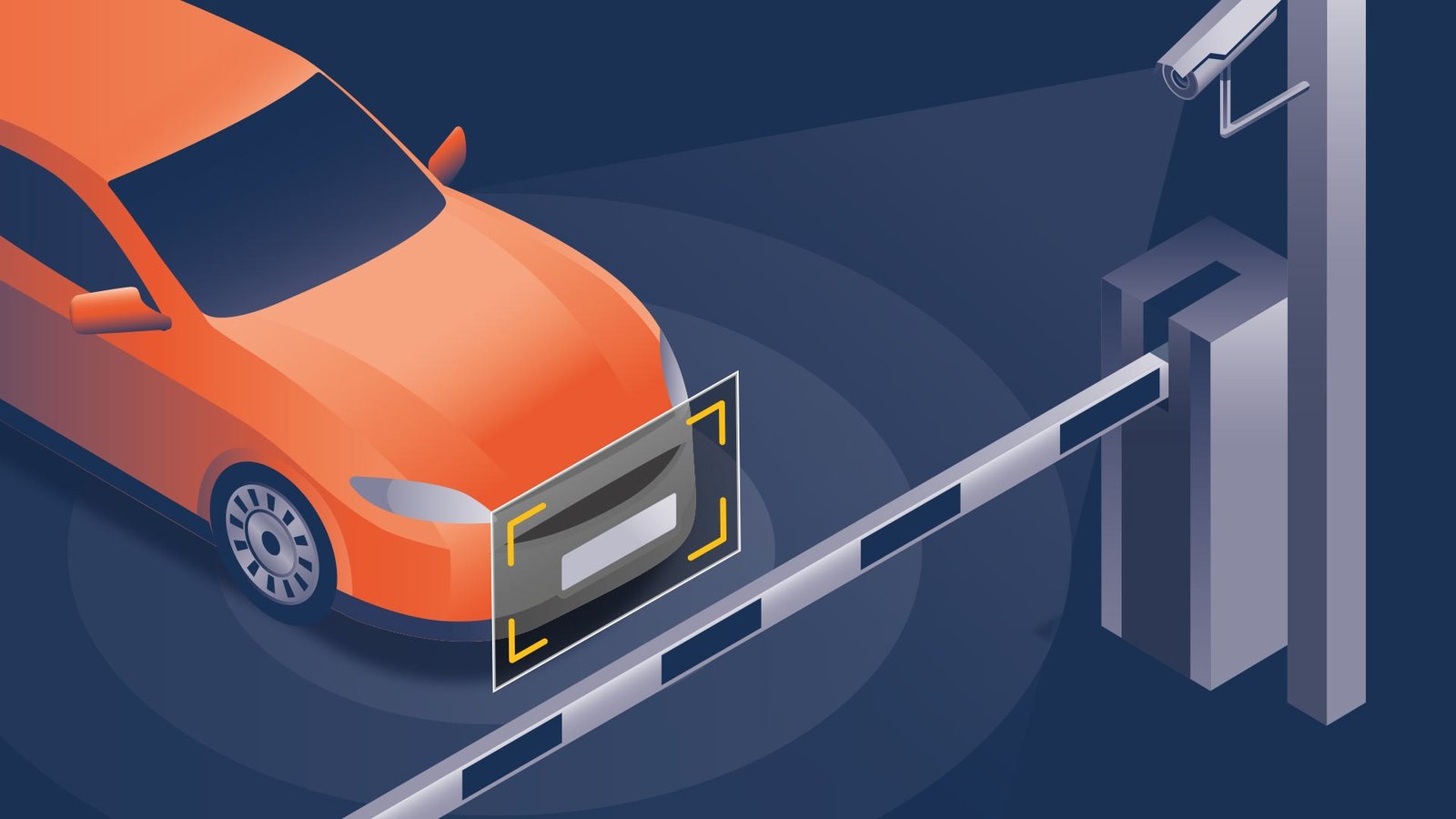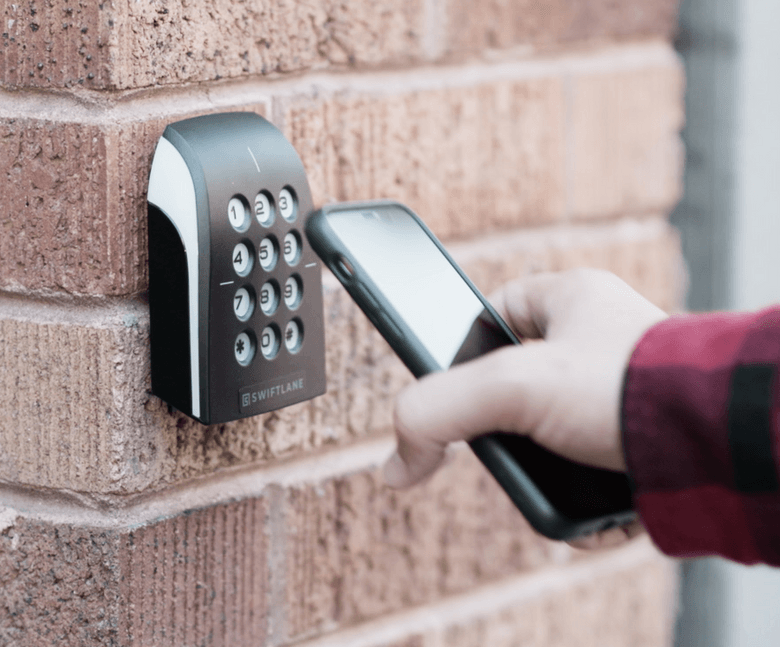Are you tired of dealing with overcrowding and Airbnb in your residential building?
These issues can be caused by disreputable tenants and hosts who are looking to generate profit by overcrowding units or subletting them to Airbnb guests. These individuals can make significant profits, ranging from $14,000-$48,000 per year for one unit to $190,000 to over $500,000 per year for multiple units. The presence of disreputable tenants or Airbnb hosts can damage the integrity, value, and reputation of a building, as well as increase utilities costs and maintenance needs. There is also a higher risk of health and safety issues, including insect infestations and fire and electrical hazards, as well as an increased potential for criminal activity.

THE solution to prevent the use of AirBnb in residential buildings and to enhance security in access control systems is to replace traditional keyfobs and keycards with a more secure and modern technology such as BLE (Bluetooth Low Energy) Mobile Access.
Here’s how the solution works:
Install BLE-enabled door readers in all common areas of the residential building.
Residents download the building’s mobile app and activate the virtual card they received by email.
When a resident moves into a unit, the building’s manager generates a unique digital virtual key that is sent to the resident’s phone.
The digital key is valid only for the duration of the resident’s lease and is automatically revoked upon lease termination.
Property managers can monitor access to each resident in real-time and can easily grant or revoke access permissions as needed through the manager BLE Bluetooth mobile access app.
Benefits of this solution include:
Enhanced security: The use of digital keys reduces the risk of lost or stolen physical keyfobs and keycards, which can be easily duplicated and used by unauthorized individuals.
Increased control: Property managers can easily monitor access to each unit and revoke access permissions as needed, reducing the likelihood of unauthorized entry.
Cost-effective: This solution eliminates the need for physical keyfobs and keycards, which can be costly to replace or maintain.
Overall, implementing BLE Mobile Access could be a valuable addition to residential buildings’ security and access control systems, preventing the use of AirBnb and unauthorized entry, while also providing a more modern and convenient solution for residents.
Overcrowding refers to the situation where an Airbnb host accommodates more guests than legally allowed in their listing or apartment. This practice can lead to a lack of space, privacy, and safety for guests, as well as noise complaints and violations of local laws.
One effective way to prevent overcrowding is to enforce strict occupancy limits for each Airbnb listing. Hosts should be required to clearly state the maximum number of guests allowed in their listing and be penalized for violations. Additionally, local governments can implement regulations that limit the number of short-term rentals in a given area, thereby reducing competition and incentivizing hosts to follow the rules.
Overcrowding can have negative consequences for guests, neighbors, and the community at large. Guests may experience discomfort, lack of privacy, and potential safety hazards. Overcrowded rentals can also generate noise and disturbances, leading to complaints from neighbors and disruptions to the surrounding community. Furthermore, overcrowding can exacerbate housing shortages in cities with high demand for short-term rentals, which can have long-term impacts on affordability and availability of housing.
If you suspect that a rental is overcrowded, you can report it to the local authorities or Airbnb. Airbnb has a dedicated neighborhood support line that allows neighbors to report issues related to noise, safety, and other concerns. In addition, many cities have established hotlines or online reporting systems to report short-term rental violations.
There are several alternatives to Airbnb that can help reduce overcrowding and promote responsible short-term rentals. One example is One Fine Stay, which offers high-end vacation rentals and operates with strict occupancy limits. Another alternative is Flipkey, which specializes in vacation rentals and has a review system that encourages hosts to maintain high standards of quality and safety. Additionally, some cities have established their own short-term rental platforms that comply with local regulations and promote responsible hosting practices.






